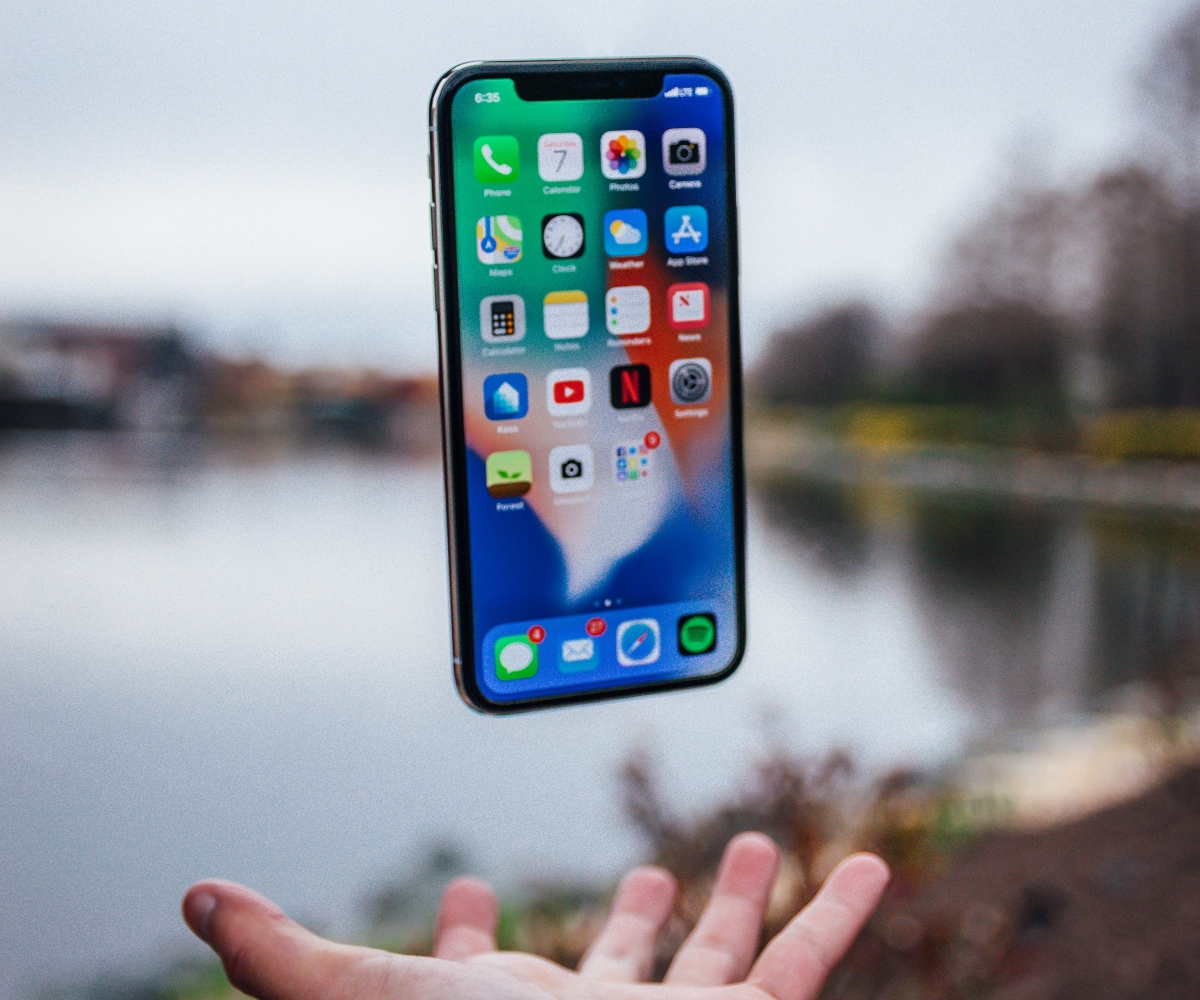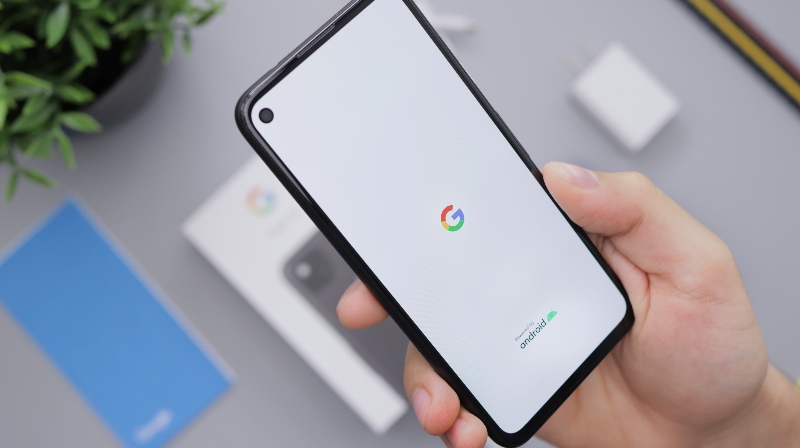Your phone’s security features you may not know about

Over the past decades, the cellphone has evolved from a simple communication device to an all-in-one smart device that has over 100,000 times the processing power of the computer that landed us on the moon. Thanks to this advancement in technology the features for your phone have grown exponentially, to a point where many phone owners don’t know the full extent of what their device can do.
While there are a vast number of phone operating systems, each having a number of models available, in today’s blog we will cover the most prominent features of the two main operating systems.
The iPhone
In a world where online privacy is becoming extinct and cybercrime is at an all-time high, there are few things more imperative to security than the security of your phone. We use our phones to shop both online and offline, to connect with our loved ones, and to store and access sensitive information. Below is an overview of some of the features that the iPhone uses to help you stay safe.
Security Code Autofill
Many websites are now implementing 2FA verification options to protect your privacy online. Introduced in iOS 12, this feature helps you retrieve your texted 2FA code instead of having to navigate to the Messages app to retrieve it. As soon as the text with the code arrives, the iPhone opens up the keyboard where you can just tap on the code to autofill it into the security field in an app or website.
Password Security
Your iPhone has a feature that helps you create passwords and store them in your Keychain. This feature automatically creates complex and unique passwords that you can easily store in your iPhone without having to remember them. Using these auto-generated passwords will greatly reduce the risk of your passwords being hacked.
Available with iOS 12 and higher, your Keychain now has a password reuse auditing tool built-in. It identifies every instance where you’ve reused a password for multiple sites and apps and helps you secure yourself by helping you keep your passwords unique and secure.
Set Encrypted Messages To Auto-Delete
iOS automatically uses end-to-end encryption on all messages sent using Apple’s Messages app. This means that no one can read your messages except for you and the recipient, not even Apple if it is ordered by a government agency.
This feature lets you set your messages to auto-delete so that you don’t have to worry about someone discovering sensitive information about you or your loved ones through text if they get a hold of your device. Once an encrypted message is deleted, it is virtually impossible to recover (especially if it is deleted on the recipient’s end as well).
Block Apps From Using Camera, Microphone, and Location
There are many apps that require a camera or microphone in order to function. More and more apps are also requiring your location to be logged as well. While some apps require these features (Zoom for camera or Uber for a location for example), there are a lot of apps that simply log this information for a better data analysis which they use for delivering relevant ads and/or selling your information.
Your iPhone offers an easy way to see what apps you have given permission to access your camera, microphone, contacts, location, reminders, photos, health data, and more. You can revoke an app’s access with the tap of a button. You can also block apps from accessing your Bluetooth (a release in iOS 13).
Silence Spam Callers
iOS offers a feature called “Silence Spam Callers”. You can enable this feature by going to Settings > Phone and scrolling until you see the “Silence Unknown Callers” toggle. If you turn this switch on, all calls from unknown numbers will be blocked.
Deleting Your Data
Afraid of your phone getting stolen? iOS offers a feature that deletes all data on your iPhone if the wrong password is entered 10 times in a row, helping you protect yourself in the event that the phone gets stolen. Just make sure to let your family know so that they don’t do it by accident!

Android Devices
Some of the most popular phones and tablets (ex: Samsung) use the Android operating system developed by Google. Over the past decade, Google has also been adding features designed to help you protect your privacy and stay secure. Let’s explore some of these features released with Android 11 in a bit of detail.
One-Time Permissions
With Android 11 there’s a new setting that allows you to assign one-time permission to an app (such as camera, location, etc.) and then require that app to ask again the next time that it wants to access. This feature is perfect for apps that you don’t use often.
Biometrics and Encryption
Similar to the iOS features discussed above, Android devices also encrypt your data to protect you. In addition to this, you can use Biometrics (fingerprint and face unlock) to protect anyone else from being able to access your phone and use specific features.
Google Play Protect
Google Play Protect is Android’s native security system that continuously scans your phone for any signs of misbehaving apps and warns you if anything suspicious emerges. You can confirm Google Play Protect is working on your device by looking in the Security (or Security & Location) section of your system settings.
Find My Device
Android has its own built-in mechanism for finding, ringing, locking, and even erasing a device from afar. The Android Find My Device feature should be enabled by default. You can make sure by heading into that same Security section of your system settings and tapping the line labeled “Find My Device.”
Smart Lock
For those who hate using the screen lock due to the inconvenience that it causes, Android’s Smart Lock feature lets you automatically keep your phone unlocked whenever you’re in a trusted place — like your home, for instance — or whenever you’re connected to a trusted Bluetooth device, like a smartwatch or your car’s audio system.
Conclusion
Although this list covers a large number of features that we as a company find important for protecting your privacy and security, for both operating systems this is just the tip of the iceberg. We recommend that you familiarize yourself with your phone so that you get the most out of your device, and ensure that you stay safe and protected.
Leave a Comment